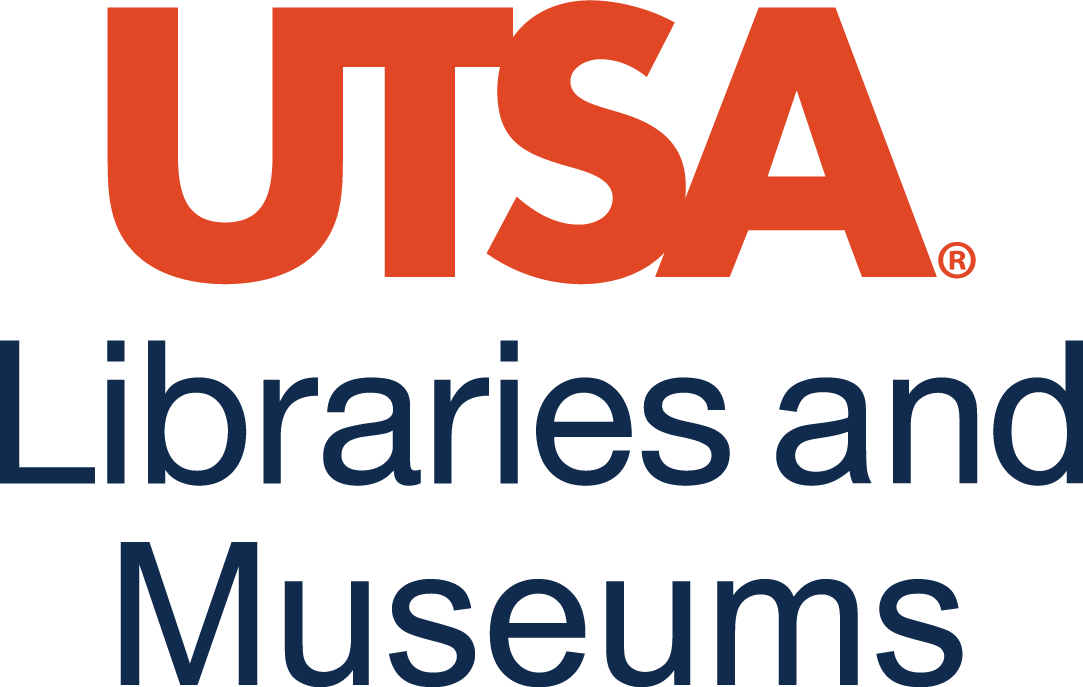Unit 4 | Level Up Your Future and Be Career-Ready with Generative AI
Section 4.1: Career Readiness
Your GPS for the Future

Career readiness is more than just finishing college—it’s about building the skills employers look for in graduates. According to NACE, these include communication, critical thinking, leadership, professionalism, teamwork, and technology. Pair these with AAC&U VALUE rubrics (like integrative learning and lifelong learning), and you get a roadmap for thriving after graduation.
Wait a Moment… What are NACE and AAC&U?
The National Association of Colleges and Employers (NACE) is a professional organization that connects college career services, university professionals, and employers. They define career readiness as the foundation students need to enter the workforce successfully. To make it concrete, NACE outlines eight key competencies (skills), such as communication, teamwork, critical thinking, and technology. These are the skills employers consistently say they want to see in graduates, regardless of major.
So, when you see “career readiness competencies,” think of them as a checklist of workplace skills that show you’re prepared not just to get a job, but to grow in your career.
The Association of American Colleges and Universities (AAC&U) is a national organization that promotes quality in higher education. They created something called VALUE Rubrics (Valid Assessment of Learning in Undergraduate Education). These rubrics provide ways to measure important outcomes of college learning—things like problem solving, ethical reasoning, and lifelong learning.
While NACE tells us what skills employers want, AAC&U VALUE rubrics help us think about how students demonstrate those skills in real, meaningful ways.
But let’s go back to our initial question. What is career readiness?
Think back to a group project. Did you keep the team organized? That’s leadership. Did you troubleshoot a messy dataset? That’s critical thinking. These are résumé-worthy skills.
Pause & Reflect
 Take a deep breath. Grab your favorite snack or tea. Write down one skill you already feel confident about (maybe teamwork?), and one you’d like to strengthen.
Take a deep breath. Grab your favorite snack or tea. Write down one skill you already feel confident about (maybe teamwork?), and one you’d like to strengthen.
Generative AI can help sharpen these skills. For instance, if you’re preparing for a group project, AI can generate agendas, summarize progress, or even role-play difficult conversations. This isn’t about letting AI do the work for you—it’s about practicing leadership and collaboration in ways that make you more confident when it’s your turn to lead in real life. Think of The Avengers. Each hero brings unique skills, but teamwork is what saves the world. AI is not a superhero—it’s more like J.A.R.V.I.S., the system that helps coordinate their efforts behind the scenes.
Imagine you’re in a team where two members disagree on direction. How could you use AI to help mediate or structure a fair plan forward? Write a few sentences in your notes.
